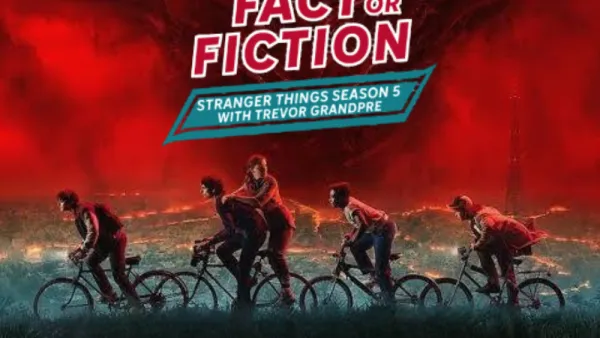As part of the Arts & Sciences Strategic Plan, faculty fellows lead a ground-up effort to identify life and career literacies embedded in Arts & Sciences courses. Early adopters will soon be invited to participate.
This fall, a group of ten faculty literacies fellows have diligently worked on what Michelle DeLair, director of curricular innovation in the College of Arts & Sciences, calls a “Rubik’s cube” of a task. Bhupal Dev, Assistant Professor of Physics, is one of the Literacy Fellows for Fall 2022, representing the Natural Sciences.
About every two weeks throughout the semester, the fellows met in small groups to closely examine their own and one another’s courses. In a series of lively conversations and brainstorming sessions led by DeLair and doctoral student Patricia Maurer, the group began to tease out a detailed list of skills, knowledges, and fluencies that students acquire across disciplines in Arts & Sciences classrooms.
Through the meetings and additional exercises, the fellows aim to identify the kinds of skills and facilities students obtain behind the scenes in a liberal arts education — things that may not explicitly show up on syllabi or an exam but prove extraordinarily valuable in students’ future lives as employees, citizens, and private individuals. Eventually, an agreed-upon list of literacies will be attached to courses and tracked, providing a clear, nuanced understanding of the skills and ways of thinking and knowing that students in Arts & Sciences acquire outside of subject matter expertise or a narrow course topic.
Implementation of Literacies for Life and Career, a signature initiative within the Arts & Sciences Strategic Plan, has been purposefully measured and meticulous. In similar efforts at peer institutions, faculty have worked to fold existing lists of career skills, like the widely used NACE career readiness competencies, into the curriculum. Initiative co-directors Erin McGlothlin, vice dean of undergraduate affairs, and Brian Carpenter, professor of psychological and brain sciences, believe in a different approach, instead wanting to recognize the valuable skills and fluencies already embedded in Arts & Sciences courses.



